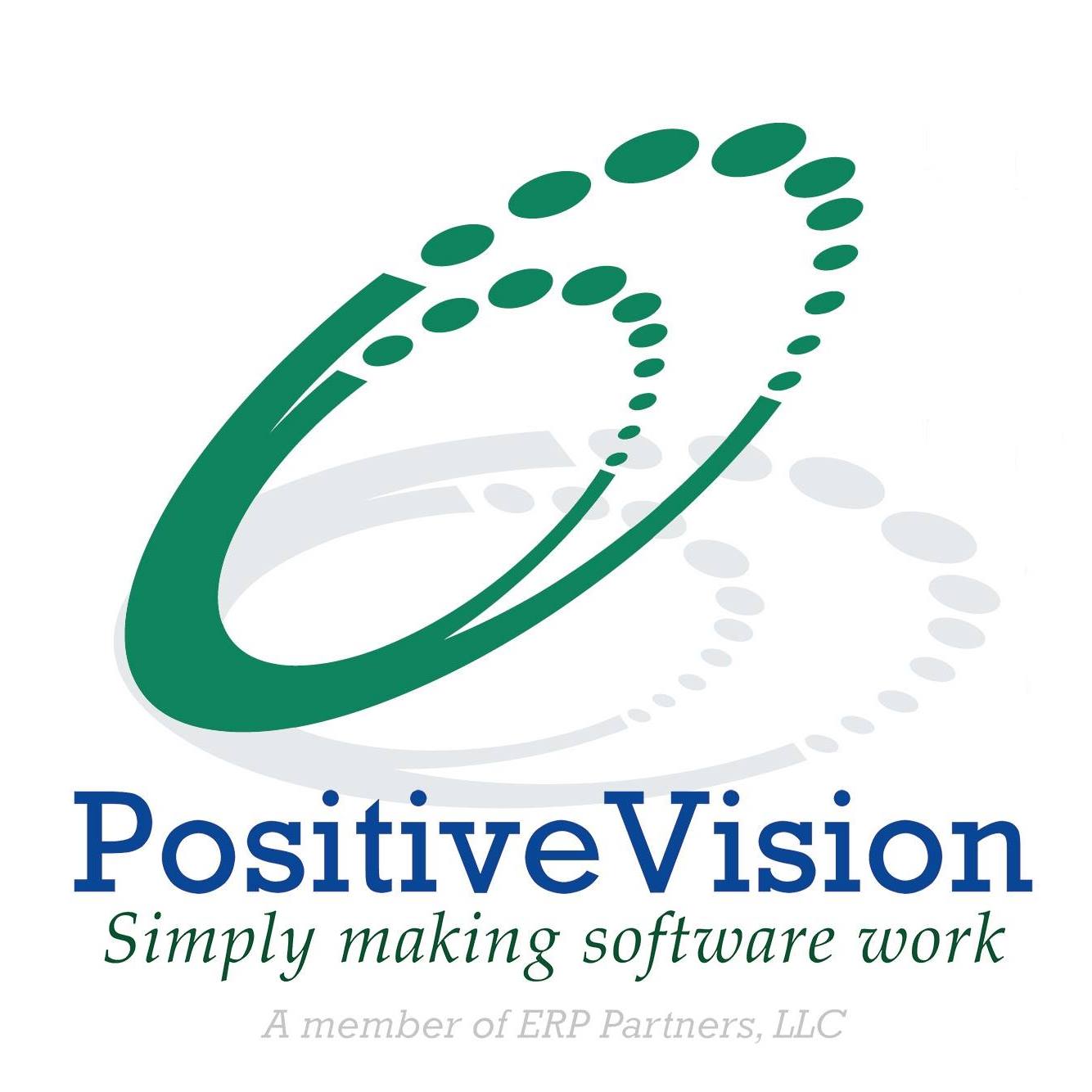Hollywood has made a mint capitalizing on all the different ways it theorizes that artificial intelligence (AI) will affect our future world. From household helpmates to law enforcement, most stories include AI going sideways and waging a war against humanity.
Business Automation and Software Blog
Meet Your New Coworker: Artificial Intelligence
Why Sustainable Packaging is Good for More than Just the Environment
It’s been nearly twenty years since anyone carried a Big Mac® out in a foam box. Back in 1990, McDonald’s began making the environmentally conscious move to more sustainable paper-based packaging for some of its perennial favorites like the Big Mac, Quarter Pounder, Egg McMuffin, Filet-O-Fish, and Chicken McNuggets. Prior to this move, McDonald’s on its own had used about 2 percent of all the polystyrene produced in the United States.
IoT May Create Cybersecurity Risk for Businesses
With the advent of the Internet of Things (IoT), we’ve created lives and data that are more connected than ever. From smartphones to thermostats to even smart coffee mugs, software and app enabled devices make our lives easier. These devices are everywhere: According to one report, by 2020, the world will boast approximately 34 billion connected devices to the tune of a $6 trillion industry, with business as the main adopter.
ERP Collaboration for the Social Age with SYSPRO Harmony
Remember when Facebook was a trendy website that college students used to keep track of classmates both while in school and after they graduated? What was once a basic yearbook-type of site is now one of the most widely-visited social media sites. More than one billion people visit Facebook pages each month, and 1.74 billion users are active on Facebook via a mobile device.
Topics: SYSPRO Harmony
Your Best Inventory Management: It’s Common Sense!
There are a lot of theories and techniques surrounding inventory management. Many of them are quite helpful and very good at improving inventory management. But, we encourage you not to overlook the importance of adding an increasingly little-used tactic into your inventory management: common sense.
Topics: Inventory Management
Is Your CRM Ready for the New GDPR Regulations?
When you are using CRM in business (or collect customer data in other ways), it is important to stay current on data protection laws. This month sees one of the most significant changes to European Union (EU) privacy law in 20 years go into effect: the General Data Protection Regulation (GDPR). This new regulation gives EU citizens greater control over their personal data and how that data is used and protected, both in Europe and abroad. What constitutes “personal data”? More than you might think. According to GDPR, “personal data” refers to everything from name, email, address, date of birth, personal interests, photos, digital footprints, social posts, and more.
Five Things that Make Manufacturing ERPs a Hot Trend in 2018
Enterprise resource planning (ERP) software may not be top of mind when one hears the words “hot trend” the way video games and virtual reality might be. But, while ERP might not sound trendy, its developers certainly keep tabs on business and software trends to eventually filter into their products.
As manufacturing itself continues to transform, manufacturing ERP systems evolve right alongside it, enabling manufacturing to embrace change in ways that business may still be catching up on. As these five developments prove, manufacturing continues to push to the forefront of trendiness.
Building the Best of Both Worlds with a Hybrid ERP Solution
As technology continues to evolve, companies may find themselves at a crossroads between what they have been using and newer technologies to consider adding. It doesn’t always need to be a choice between one or the other; often there are ways to integrate original technology with new options for the best of both worlds. This has been seen more and more frequently within ERP systems and the on-going debate between using an on-premises system versus the cloud.
Topics: SYSPRO
Three Warehouse Inventory Strategies That You Need Right Now
Heraclitus of Ephesus said it best: “The only thing that is constant is change.” This seems to ring especially true in the world of business and supply chain management. Our consumer-driven economy continually forces warehouse managers to rethink how they manage inventory and shipping. E-commerce is the driving force behind this constant need to rethink, as it has turned the typical brick-and-mortar system on its head. Every company—from Amazon to Walmart to a smaller internet retailer—is racing to find better ways to get product to end users faster, a different method of thinking from the days when they only had to keep a store’s inventory replenished.
Unlock Hidden Manufacturing Capacity with SYSPRO
Capacity planning is vital to manufacturing but knowing your organization’s required production capacity to meet ever-changing demands is quite a bit more challenging than it sounds. When you’re running close to capacity already, finding more room for production might seem impossible.
It’s not. You can find all sorts of extra time and space with a little help from SYSPRO in your manufacturing capacity planning. Here are a few things to be on the lookout for when evaluating your capacity.
Topics: SYSPRO



 © 2019 PositiveVision • 219 E. Thorndale Ave. Roselle, IL 60172
© 2019 PositiveVision • 219 E. Thorndale Ave. Roselle, IL 60172